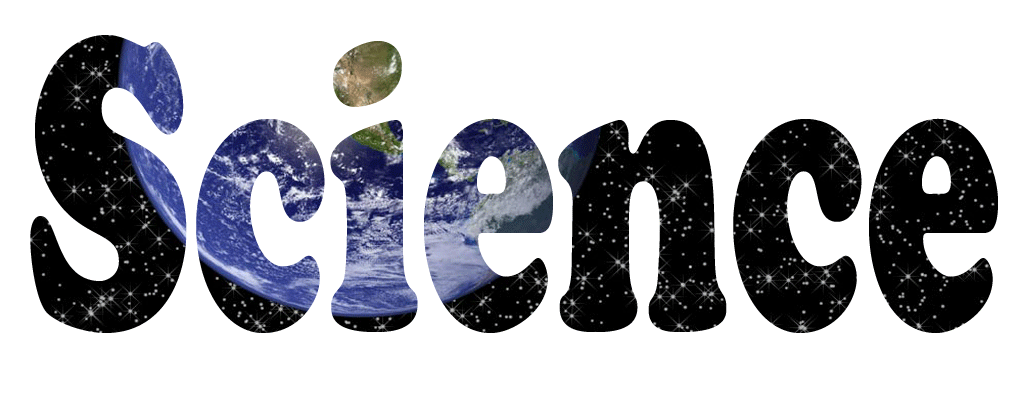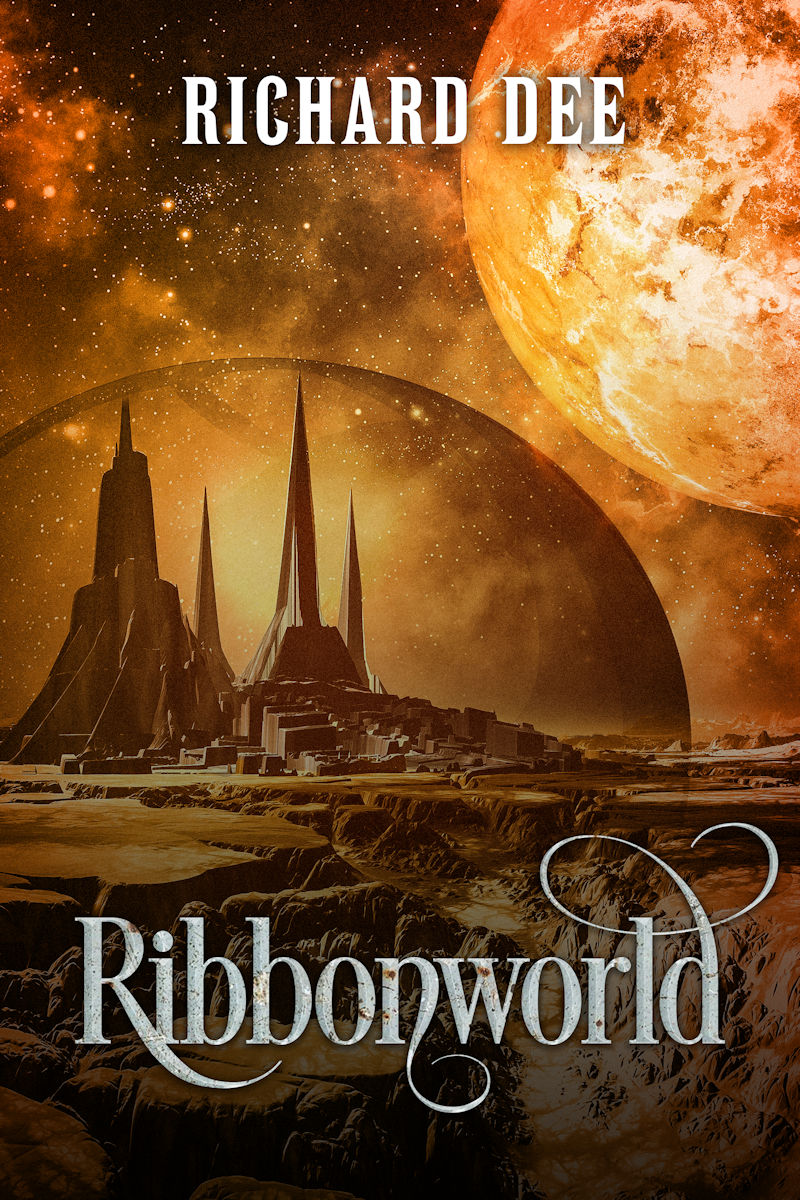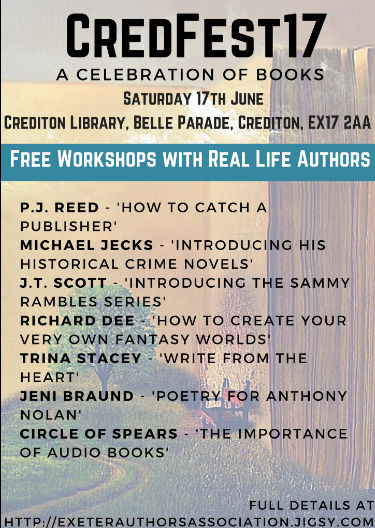I thought that writing Science Fiction would be easy, after all, how can you research the future? And who can tell you that you’ve got your facts wrong?
After all, you can have anything you want in the Sci-fi world that you create, right?
Well, that was my first mistake, over time I’ve found that there is just as much background work needed as there is for any genre. In fact, I might go further and say that you actually need to do more research if you’re talking about the future.
That may sound weird but let me explain.
Every part of your world must make sense, there has to be a justification for the logic in all of it. When you look at the world today, in a natural and physical sense, then it all works. By that, I mean that there is cause and effect, a closed loop system if you like. There are no parts of how this planet works that require you to suspend disbelief, everything can be explained.
In your fictional world, the same must hold true. Everything needs an explanation. Now you can do this by basing it all on things that are true and expanding them in a logical way. But first, you need to know your basics. It’s easier to suspend disbelief in the fantastic if you can appreciate that there is a sound basis for it.
So before I write anything, I look at where we are in the field of science or whatever speciality that I want to invent my future in. I see what the position is now and what people are thinking may be possible in the future. Once you have that, you can weave your story around it. To be even more authentic, you can include the facts as we know them today in your work, so conversations could contain things like,
“Do you realise, people used to think…,” or
“When all this started they could only….”
Descriptions can also incorporate the basic fact and pull it in many ways; once you get started you’ll find that other things creep in, everything is connected and even in the future, stuff that we do today will still be relevant.
Do you get my drift?
To give you an idea of how this works for me, I wrote a story about a city under a huge dome on an airless planet. OK, it’s perhaps not original but it will do to illustrate the thought process involved.
First I had to think about the domes basic needs, it had to be strong, large and airtight.
We can build things like that now, maybe not huge ones on airless planets but certainly on land and probably under the sea. So I looked at the problems and how they had been solved. Obviously, we can do airtight and strong so the suspension of disbelief has to come with the size, I had to fit a city underneath it. I thought of using a lower gravity on my new world to make the dome lighter but that would cause other problems, all my characters would be floating around. Clearly, another way was needed.
Then I remembered a job I once had, I was Dockmaster at Tilbury and knew that the only thing holding the dock walls up was the pressure of the water in the enclosed dock. We had to constantly refill the dock as we used the lock to let ships in and out, there was a level beneath which the water MUST NOT FALL.
This comes back to the connection, we need air in our dome and air exerts pressure. So the pressure of the air could be used to help support the weight of the dome! Suddenly you can build a strong dome without the need for lots of supports, just as long as you keep the atmosphere at pressure. And you will do that because your inhabitants need to breathe.
And this was where I found other connections, little things that made it more believable. For instance, suppose that the dome had a leak? Nothing serious, just imagine an escape due to poor seals. That meant that atmosphere would need to be put in faster than it was leaking out. That was fine; I rather conveniently had a limitless supply of ice that could be turned into air, the side effect of all this movement of the atmosphere was a breeze. I liked it, it gave the place character, and also a plot issue, would they manage to keep the air flowing? Would the leak get bigger? What if the place converting the ice broke down, or was sabotaged?
The point of all that is to show you that you only require a few facts and a bit of lateral thinking to create something that we could do today, yet if you put it in space, it makes it seem futuristic.
Incidentally, if you want to find out more about the dome, and its breeze, the story is Ribbonworld. And it’s FREE, just click on the cover.
To take another example, the holy grail of Sci-fi is faster than light travel, it’s needed for just about any story to work and it’s dealt with in many ways. If you stop to consider it for a moment, Einstein tells us that it’s impossible; yet every time we read about it, we are able to suspend disbelief.
Is that because we all secretly want him to be wrong?
My own theory is that we will, one day travel faster than light. How will we do it, well, in the usual way I expect, someone will discover it by accident, while they are looking for something else. It will make sense, be logical and even though it’s not indicated by our current state of thinking, will pass into the mainstream.
In fact, I liked the idea of the invention so much that I wrote a short story about it. And I gave the invention that makes it all possible a name, “The Padget Inverter!” Pretty good eh? I think it sounds authentic, just like any good invention should!
And all the other things associated with moving faster than light, things like time dilation, may be explained away or ignored by the properties of the Padget Inverter without causing problems in the credibility of the story.
So as long as what you write has a sound basis in fact, you can convince your readers. Once you’ve got them believing your version of the future, you can play around with the side issues to your heart’s content, safe in the knowledge that it’s all covered, wherever you go, they will be with you.
This is a brief post, I have a deeper series of articles about my creative process, find them here.
My take on faster than light travel and how I think that it came to be can be read here.
I will be holding a workshop on “Creating a fantasy world” at Credfest on June 17th in Crediton Library.
What do you think, does research matter? I’d love to get your opinion on just how much you’re prepared to accept in the world-building process. Please leave me a reply with your thoughts.
![]()






